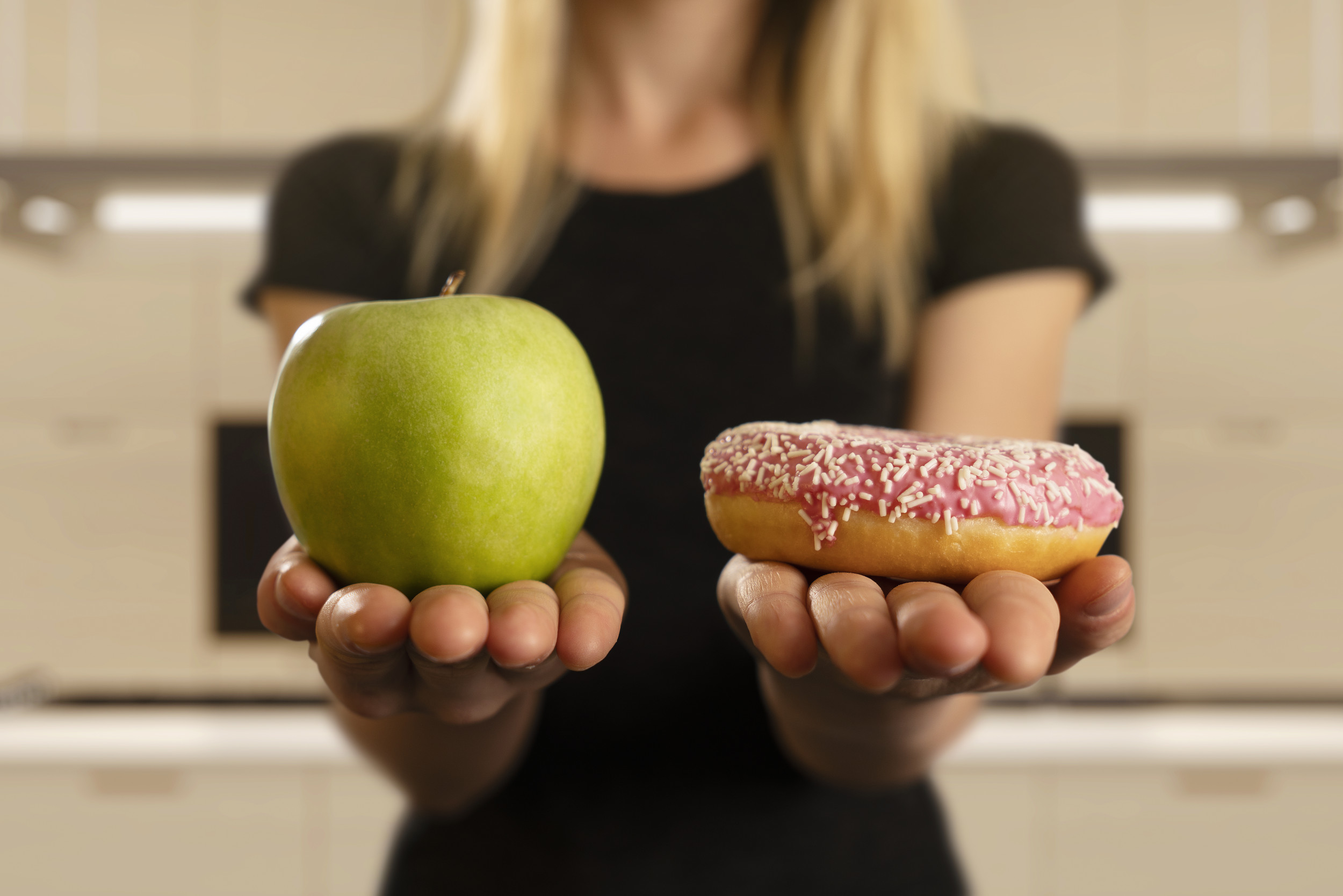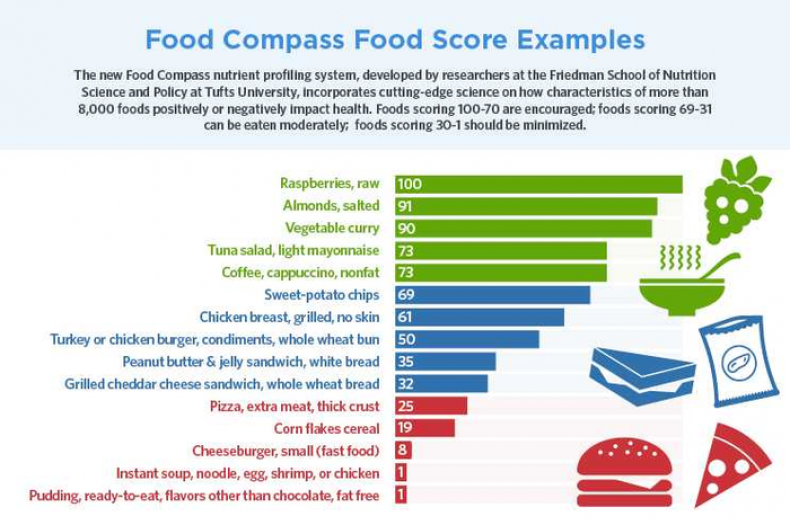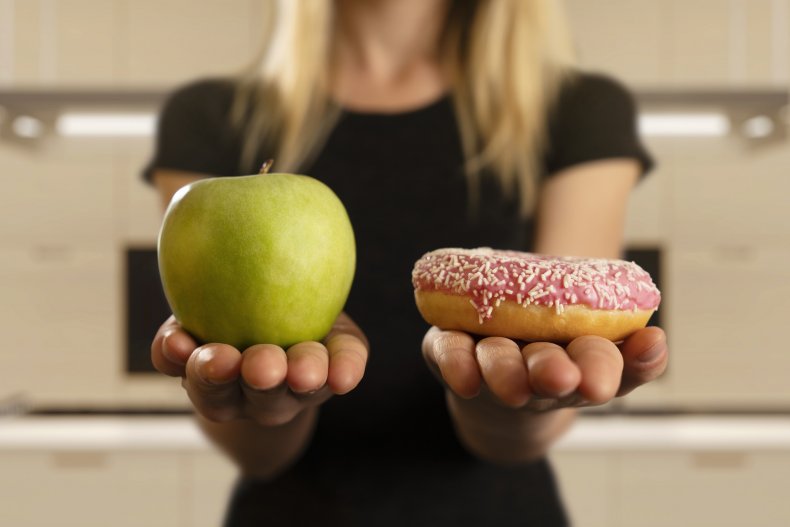tt Marsha W. Smith, Healthy Lady
Marsha W. Smith, Healthy Lady
Researchers have developed a new tool that helps consumers choose healthy products, as well as helping food companies and restaurants produce healthier foods.
Food Compass profiles the nutrients using cutting-edge science to chart different characteristics that could positively or negatively impact health. The tool was developed over a period of three years by a team from Friedman School of Nutrition Science and Policy at Tufts University, Massachusetts.
The system ranked sweets and desserts, sweetened sodas, and energy drinks as products that should be consumed only minimally. With raw fruits, other fruits, and vegetables raking highest in the Food Compass scoring.

"Once you get beyond 'eat your veggies, avoid soda,' the public is pretty confused about how to identify healthier choices in the grocery store, cafeteria, and restaurant," dean of the Friedman School, Dariush Mozaffarian, said. "Consumers, policymakers, and even industry are looking for simple tools to guide everyone toward healthier choices."
Mozaffarian is the author of a study published in Nature Foods that details how the nutrient profiling system (NPS) The Food Compass aims to discriminate the healthfulness of foods for front-of-package labeling, warning labels, taxation, company ratings, and more.
"Existing NPS often assess relatively few nutrients and ingredients, use inconsistent criteria across food categories, and have not incorporated the newest science," the authors said in the study. "Here, we developed and validated an NPS, the Food Compass, to incorporate a broader range of food characteristics, attributes, and uniform scoring principles."
The authors say that Food Compass scores 54 attributes across nine health-relevant domains: nutrient ratios, vitamins, minerals, food ingredients, additives, processing, specific lipids, fiber and protein, and phytochemicals.
These scores are then collected and ranked with a final Food Compass Score ranging from 1, the least healthy, to 100 the most healthy, that covers all foods and beverages.
A score of 70 and more indicates food that should be encouraged for consumption, a score of 69 to 31 means a food should be consumed in moderation. While a score of 30 or lower indicates a foodstuff or beverage that should be consumed only minimally.
The average score obtained by the Food Compass was 43.2, with sweets and desserts scoring lowest with an average score of around 16. The highest scoring items were vegetables and fruits, scoring between 69 and 74.
Sugar-sweetened sodas and energy drinks ranked around 28 on the Food Compass. Fruit juices that were 100 percent fruit and vegetable scored around 67.
In terms of proteins, beef scored around 25, chicken and other poultry around 43, and seafood 67.
The team tested Food Compass with a U.S. database of over 8,000 food items and also assessed items based upon nutritional attributes linked to chronic diseases like obesity, cardiovascular problems, diabetes, and cancer.
Additionally, the Food Compass also considers risks of undernutrition, especially for mothers, young children, and the elderly.
The Food Compass is designed in such a way that the scoring of food items can evolve over time, based upon future evidence provided from research areas like gastrointestinal health, immune function, brain health, bone health, and physical and mental performance. The system should also be able to factor in wider aspects of food production, such as the need for sustainability.
The team hopes that as well as helping consumers make informed choices, the Food Compass could also help the food industry develop healthier products, as well as improving food labeling and informing agricultural policy.
"With its publicly available scoring algorithm, Food Compass can provide a nuanced approach to promoting healthy food choices–helping guide consumer behavior, nutrition policy, scientific research, food industry practices, and socially based investment decisions," said author and University of Thessaly researcher, Renata Micha, who was a faculty member at the Friedman School when the Food Compass was being developed.




No comments:
Post a Comment
Your Input Is Appreciated
Note: Only a member of this blog may post a comment.